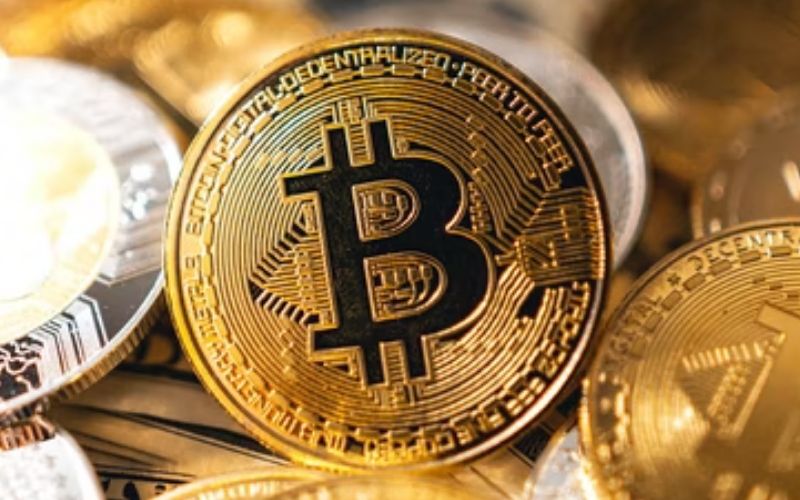India is once again in the news about cryptocurrency laws. Indian central bank governor Shaktikanta Das has said that some attendees at the G20 conference are considering outlawing cryptocurrencies entirely.
The Financial Stability Board (FSB) and International Monetary Fund (IMF) will collaborate on a technical study and set of regulations that will provide a regulatory framework for crypto assets. The Indian President will propose these measures during the G20 conference.
October is when the G20 meeting is slated to take place. It is anticipated that the debate about the private digital asset rules will be concluded prior to September.
At a recent news conference held at the conclusion of the inaugural G20 Summit, Nirmala Sitharaman, the Finance Minister of India, declared unequivocally that anything not under the supervision of the Central Bank should not be regarded as a currency.
India’s position on private digital asset rules has been vague for a long time, but the G20 Summit is scheduled to address the formulation of crypto regulations. India is also planning on developing its own Central Bank Digital Currency (CBDC), which it views as a step towards competing with cryptocurrencies.
Nirmala Sitharaman said that identifying the dangers associated with cryptocurrencies is the first step in regulating the business in response to concerns and inquiries about crypto legislation. G20 governments will provide a comprehensive strategy for dealing with private digital currencies at the G20 Summit, after a detailed risk analysis. The G20 countries will create policies after considering macroeconomic circumstances and other regulatory perspectives.
For some time now, the Reserve Bank of India has been lobbying for a complete prohibition on the usage of private digital assets. Nonetheless, Sitharaman has made the argument for a synchronized regulatory structure in which various assets are managed by a single regulatory policy.
This implies that other nations will not be required to create distinct legislation, since this regulatory framework will function as an umbrella for a number of nations. U.S. Treasury Secretary Janet Yellen backed this notion, as she advocated for strict regulation of private digital assets. This action would also cut the cost of international payments.
The Governor of the Reserve Bank of India has suggested that more strategies for governing the asset exist, but that it would be premature to discuss them at this time. Das said that although the RBI favours an absolute prohibition, there are competing views that crypto should be regulated in order to control the asset’s underlying risks.
Private digital assets keep presenting severe challenges to the financial stability of the economy and other security concerns, which has given rise to and encouraged scepticism of the rules.


Comments are closed.